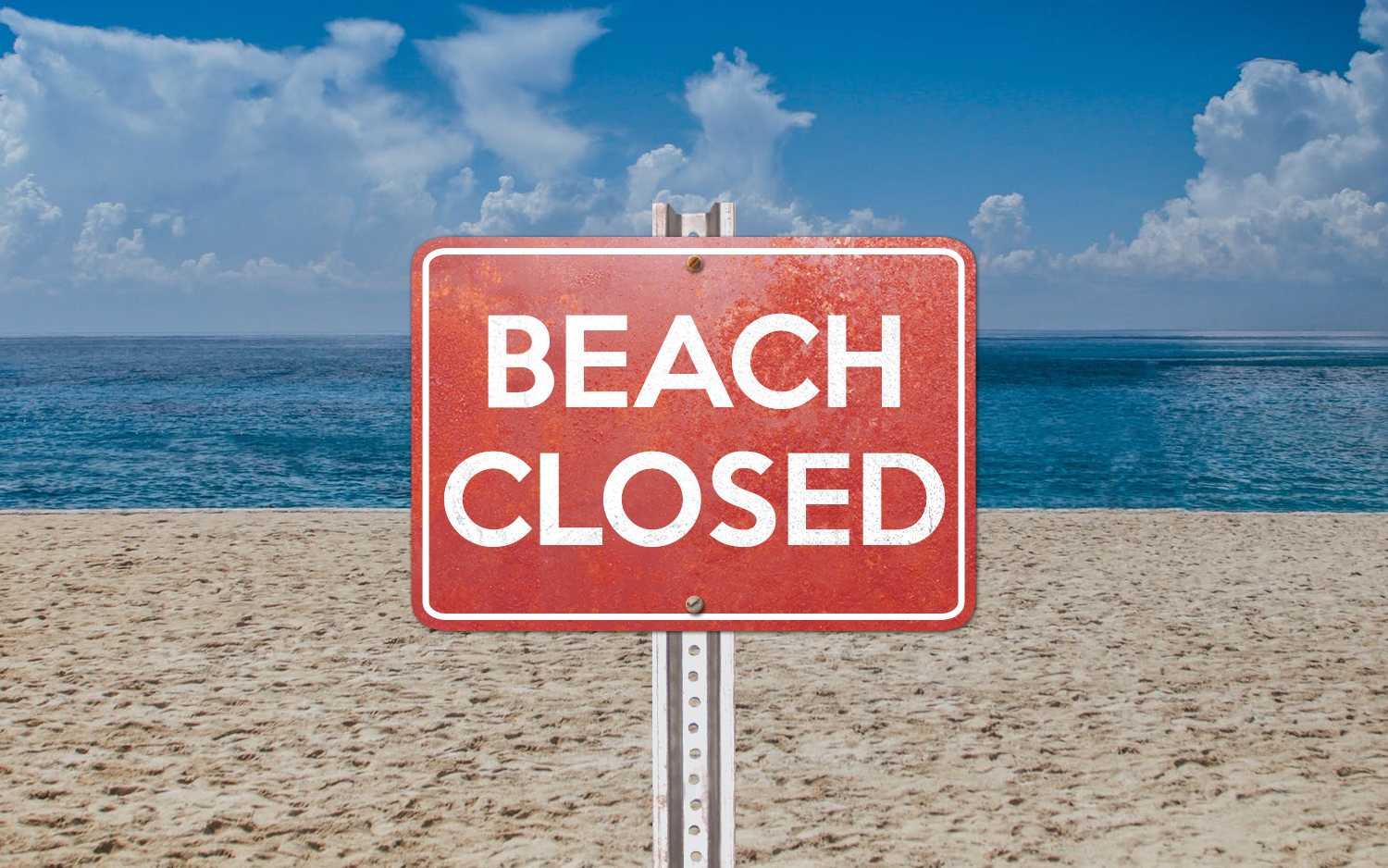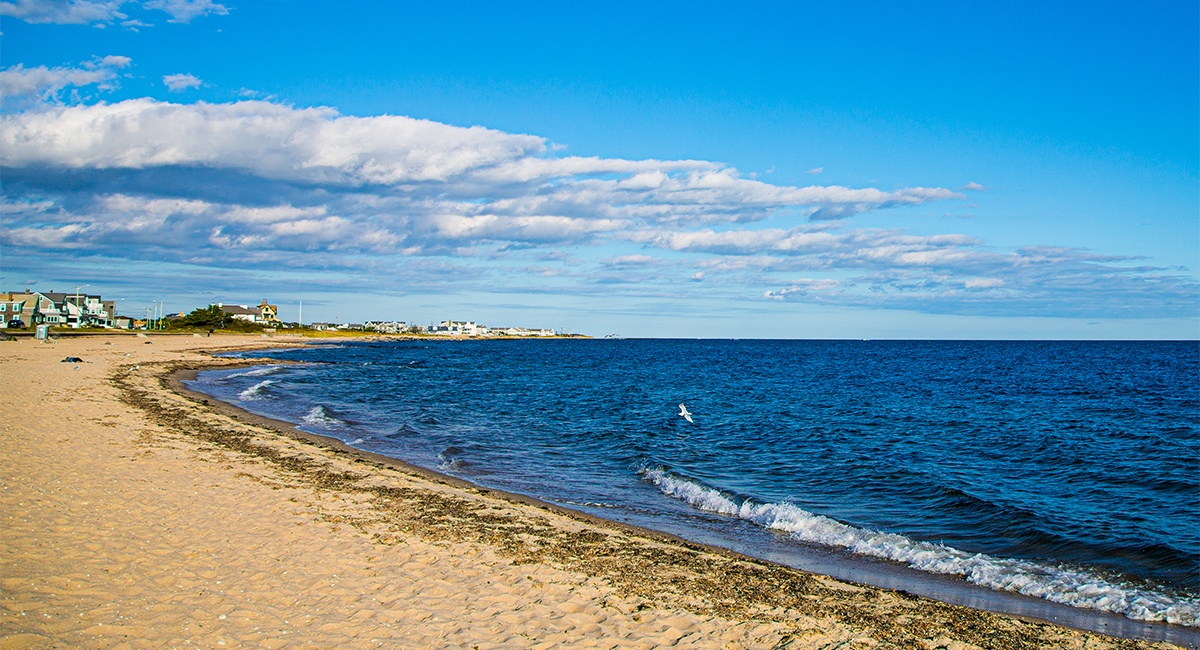Impacts on Tourism

Massachusetts beaches closed – The closure of Massachusetts beaches has had a significant economic impact on the local tourism industry. Businesses such as hotels, restaurants, and tour operators have seen a sharp decline in revenue, and many have been forced to lay off staff.
The Massachusetts beaches have been closed due to the high levels of bacteria in the water. This has caused a lot of disappointment for people who were planning to spend their summer at the beach. The beaches will remain closed until the bacteria levels have decreased to a safe level.
In the meantime, people can enjoy other activities, such as visiting Greece , which has recently implemented a six-day working week. This has given people more time to relax and enjoy the beautiful beaches of Greece. The Massachusetts beaches will hopefully be open again soon, but in the meantime, people can enjoy other activities.
According to the Massachusetts Lodging Association, the state’s hotel industry lost an estimated $100 million in revenue during the first week of beach closures. The restaurant industry has also been hit hard, with many restaurants reporting a 50% or more decline in sales. Tour operators have also been forced to cancel or postpone trips, resulting in a loss of revenue and jobs.
Potential Impact on Reputation, Massachusetts beaches closed
The closure of Massachusetts beaches could also have a negative impact on the state’s reputation as a tourist destination. If tourists perceive Massachusetts as a place where beaches are often closed, they may be less likely to visit in the future.
Environmental Causes and Solutions: Massachusetts Beaches Closed

Beach closures in Massachusetts are primarily driven by environmental factors that compromise water quality and safety for beachgoers. These factors include water pollution, harmful algal blooms, and erosion.
Water pollution is a major cause of beach closures, as it can introduce harmful bacteria and other contaminants into the water. Sources of water pollution include sewage overflows, stormwater runoff, and agricultural runoff. These contaminants can cause skin infections, gastrointestinal illnesses, and respiratory problems in beachgoers.
Water Pollution Solutions
- Upgrading wastewater treatment infrastructure to reduce sewage overflows.
- Implementing stormwater management practices to reduce runoff from impervious surfaces.
- Promoting agricultural practices that minimize fertilizer and pesticide use, thereby reducing nutrient runoff.
Harmful algal blooms (HABs) are another environmental factor that can lead to beach closures. HABs occur when certain types of algae grow rapidly and produce toxins that can be harmful to humans and marine life. These toxins can cause skin irritation, respiratory problems, and gastrointestinal illnesses.
HABs Solutions
- Monitoring water quality to detect HABs early and issue timely beach closure advisories.
- Reducing nutrient pollution from agricultural and urban sources to prevent HAB formation.
- Developing and implementing HAB forecasting models to predict and mitigate bloom events.
Erosion is a natural process that can be exacerbated by human activities such as coastal development and climate change. Erosion can lead to beach closures by undermining infrastructure, exposing sewage pipes, and creating unsafe swimming conditions.
Erosion Solutions
- Restoring and protecting coastal dunes and wetlands, which act as natural buffers against erosion.
- Implementing beach nourishment projects to replenish sand and protect beaches from erosion.
- Restricting development in erosion-prone areas and implementing setbacks to protect coastal infrastructure.
Public Health Concerns
Swimming in contaminated water poses significant health risks due to the presence of harmful bacteria, viruses, and other microorganisms. These contaminants can cause various illnesses, including:
Gastrointestinal Illnesses
- Diarrhea, vomiting, and abdominal pain are common symptoms of gastrointestinal illnesses caused by contaminated water.
- These illnesses can be caused by bacteria such as E. coli and Salmonella, viruses like norovirus and rotavirus, and parasites like Giardia.
- Data from the Centers for Disease Control and Prevention (CDC) indicates that in the United States, approximately 3 million cases of waterborne gastrointestinal illnesses occur annually.
Skin Infections
- Contact with contaminated water can lead to skin infections such as rashes, boils, and cellulitis.
- These infections are often caused by bacteria like Staphylococcus aureus and Streptococcus pyogenes.
- Open wounds or cuts increase the risk of infection, as they provide an entry point for bacteria.
Respiratory Problems
- Inhaling contaminated water droplets can cause respiratory problems such as coughing, wheezing, and shortness of breath.
- These problems are often associated with bacteria like Legionella and Pseudomonas.
- People with weakened immune systems are particularly vulnerable to respiratory infections caused by contaminated water.
To ensure public safety, public health authorities regularly monitor water quality at beaches and issue beach closures when contamination levels exceed acceptable limits. These closures are essential for preventing waterborne illnesses and protecting public health.
The news of Massachusetts beaches being closed has come as a disappointment to many. With the summer season just around the corner, people were eagerly looking forward to spending time at the beach. However, due to the ongoing pandemic, the authorities have decided to keep the beaches closed for the time being.
More information about the closure can be found online. It is important to follow the guidelines and stay safe during this time.